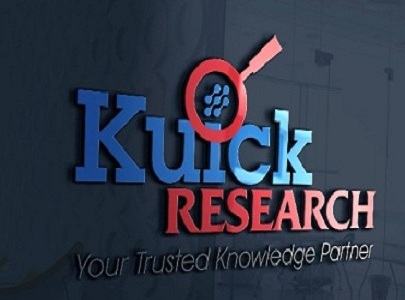
The evolution of biosimilars has currently reached different stages across the world. Owing to variable clarity in the guidelines and diverse regulatory pathways diverse, various definitions of biosimilars (or the broader group of follow-on biologics) have emerged across countries. Till now the European region has the best-established framework for biosimilars. The USA is currently almost aligned to the European standards. Biosimilars are also known as follow on biologics in the US and subsequent entry biologics in Canada, are biologic products which are approved in a country, which has an abbreviated approval process for biologic products which references an originator biologic in the regulatory submission.
The global biosimilars market is categorized into monoclonal antibody biosimilars (mAbs), insulins, interferons, erythropoetins, filgrastim, somatropin and follicle stimulating hormone (FSH). Among the segments of the biosimilars market, the monoclonal antibodies (mAbs) and insulin market would witness maximum growth, with these two segments accounting for a dominant share of 46% of the total global biosimilars market by 2018. Additionally, with the mAbs having one of the strongest R&D pipeline in the biologics market, it is expected that many new next-generation technologies which would push mAb therapeutics into newer areas such as solid tumours, cardiovascular and neurological disorders would be introduced into the market.
Patent expiry and a favourable government regulation are some of the major drivers of the biosimilars market. It is expected that by 2018, many leading brands would lose their patents. Owing to these factors, the pharmaceutical companies have been attracted to this market and of late there has been a significant increase in the issuance and implementation of guidelines for biosimilars approval across the globe. Additionally, the pharma companies are aiming to develop reference biological therapeutics, which is also driving the market significantly.
Though the global biosimilars market is set for significant growth over the next decade, there are many regulatory uncertainties which could likely impact the growth over the medium term. The complex nature of the biological therapeutics would require a deeper analysis of the traditional small-molecule generic market. Thus, the pharma companies would be required to invest significant resources into this market, in order to strengthen their position.
“Global Biosimilars Market & Pipeline Insight 2018” by KuicK Research gives comprehensive insight on the various biosimilars being developed for the treatment of multiple diseases. Research report covers all the ongoing biosimilars being developed in various development phases, indication and development countries.
Global Biosimilars Pipeline Report Highlights:
Global Biosimilars Pipeline Report Findings: